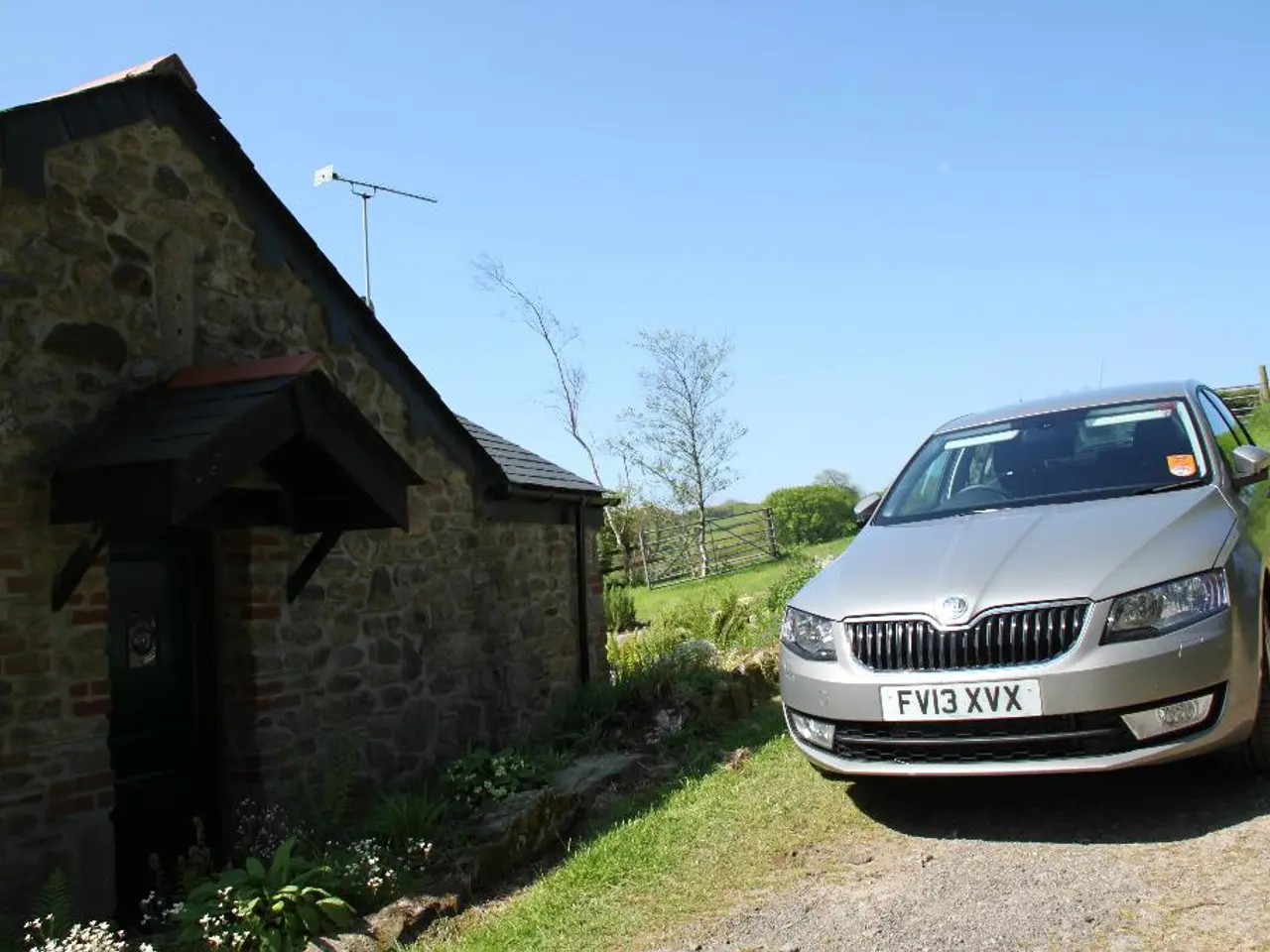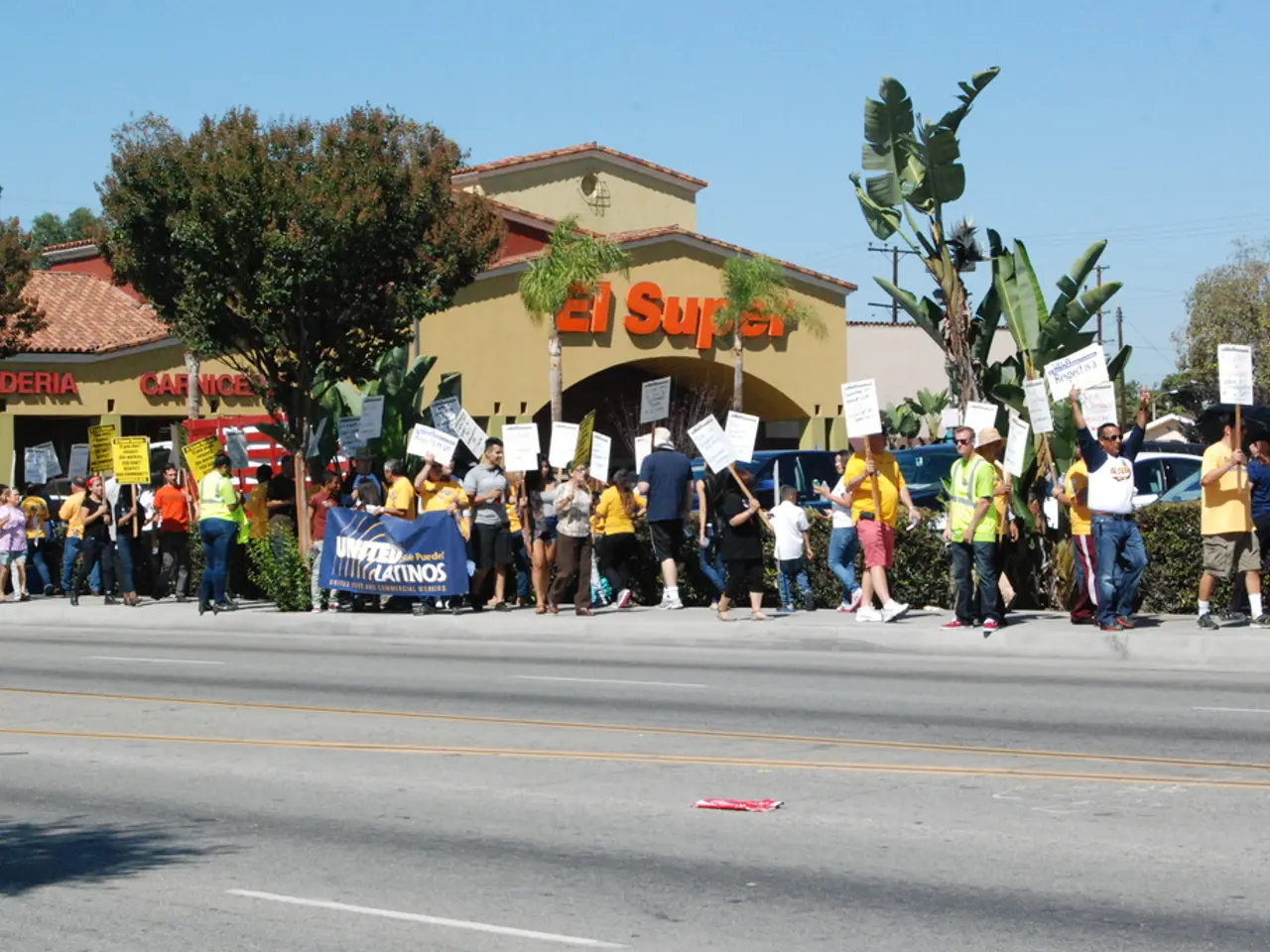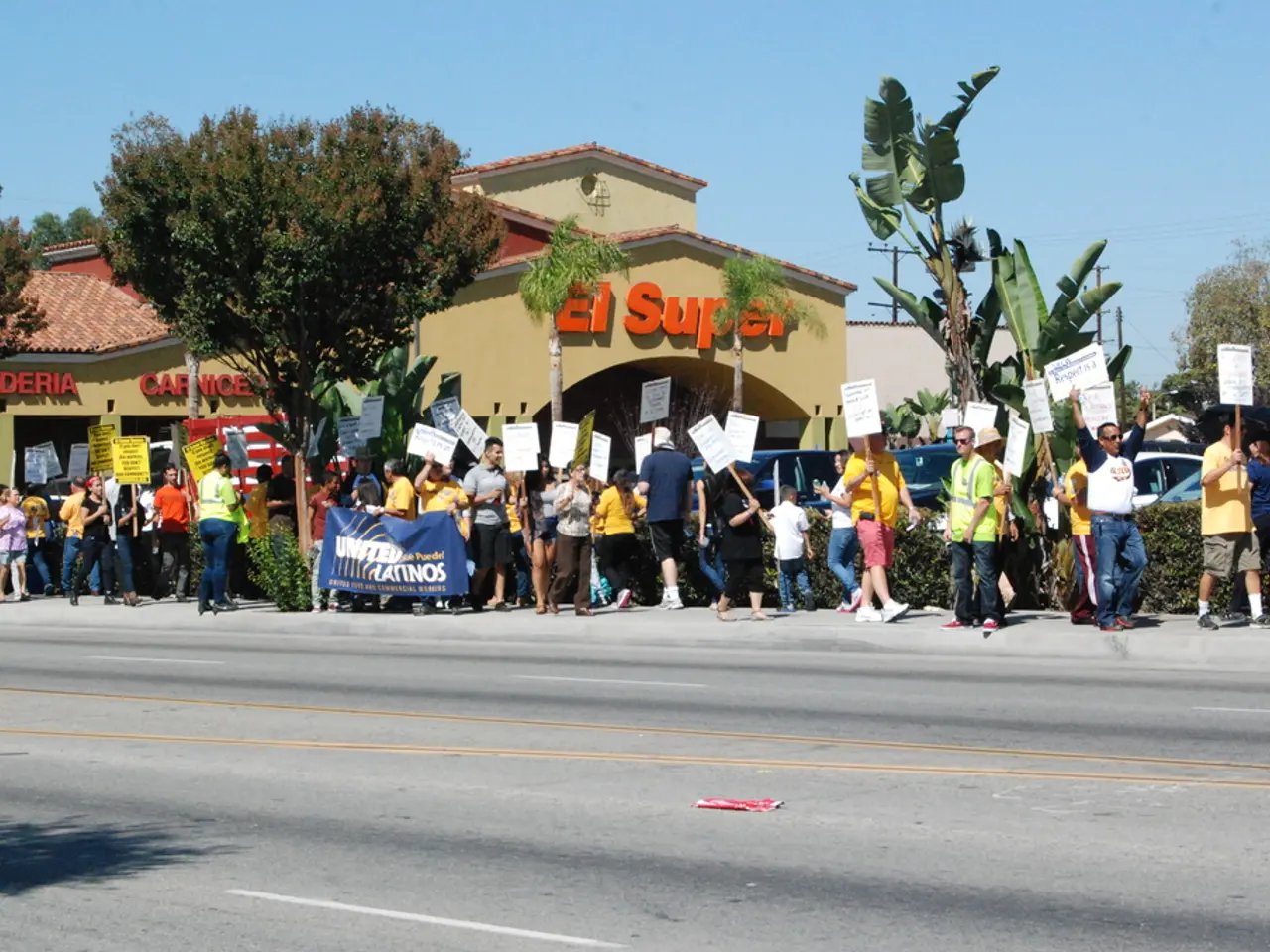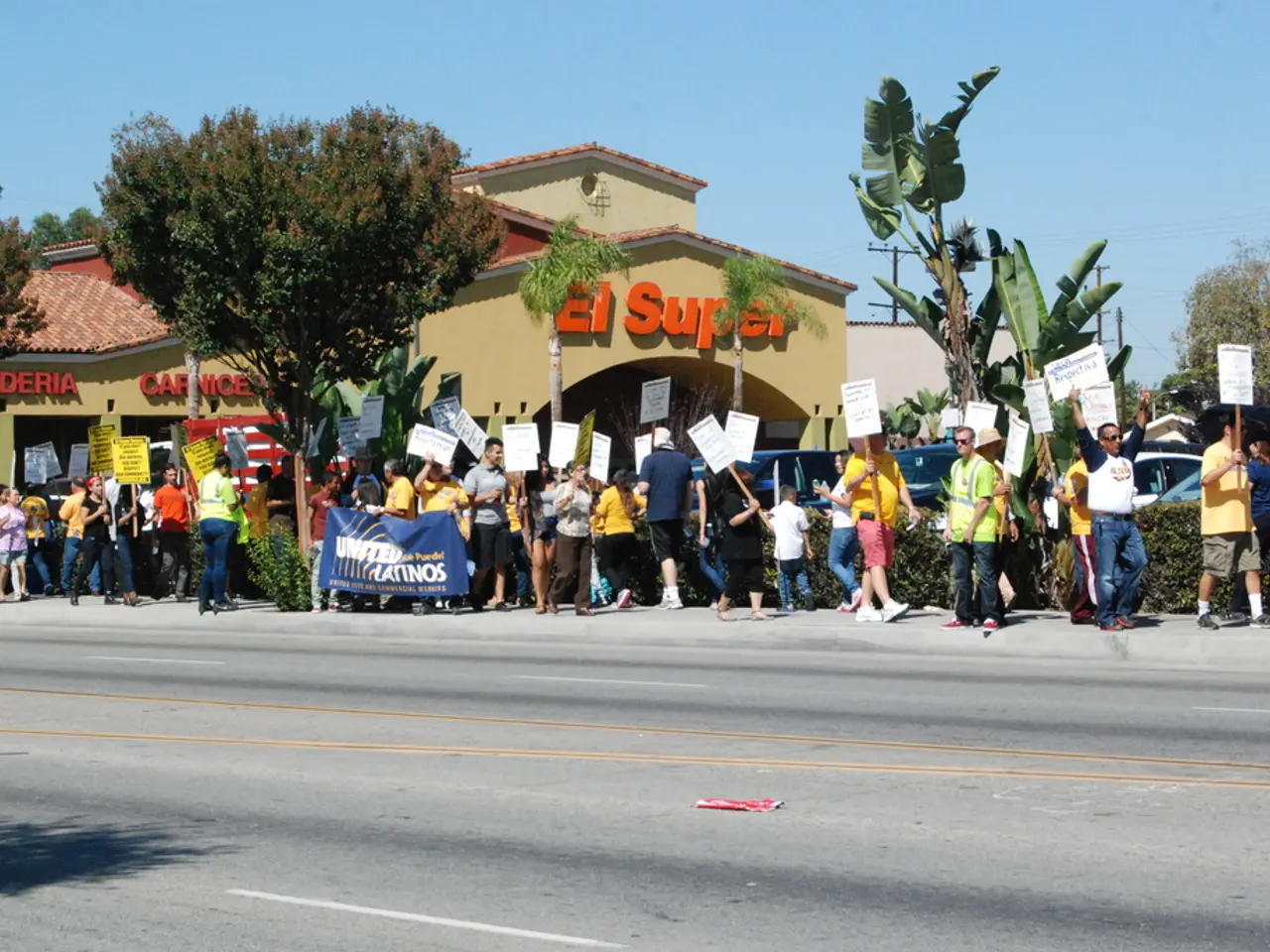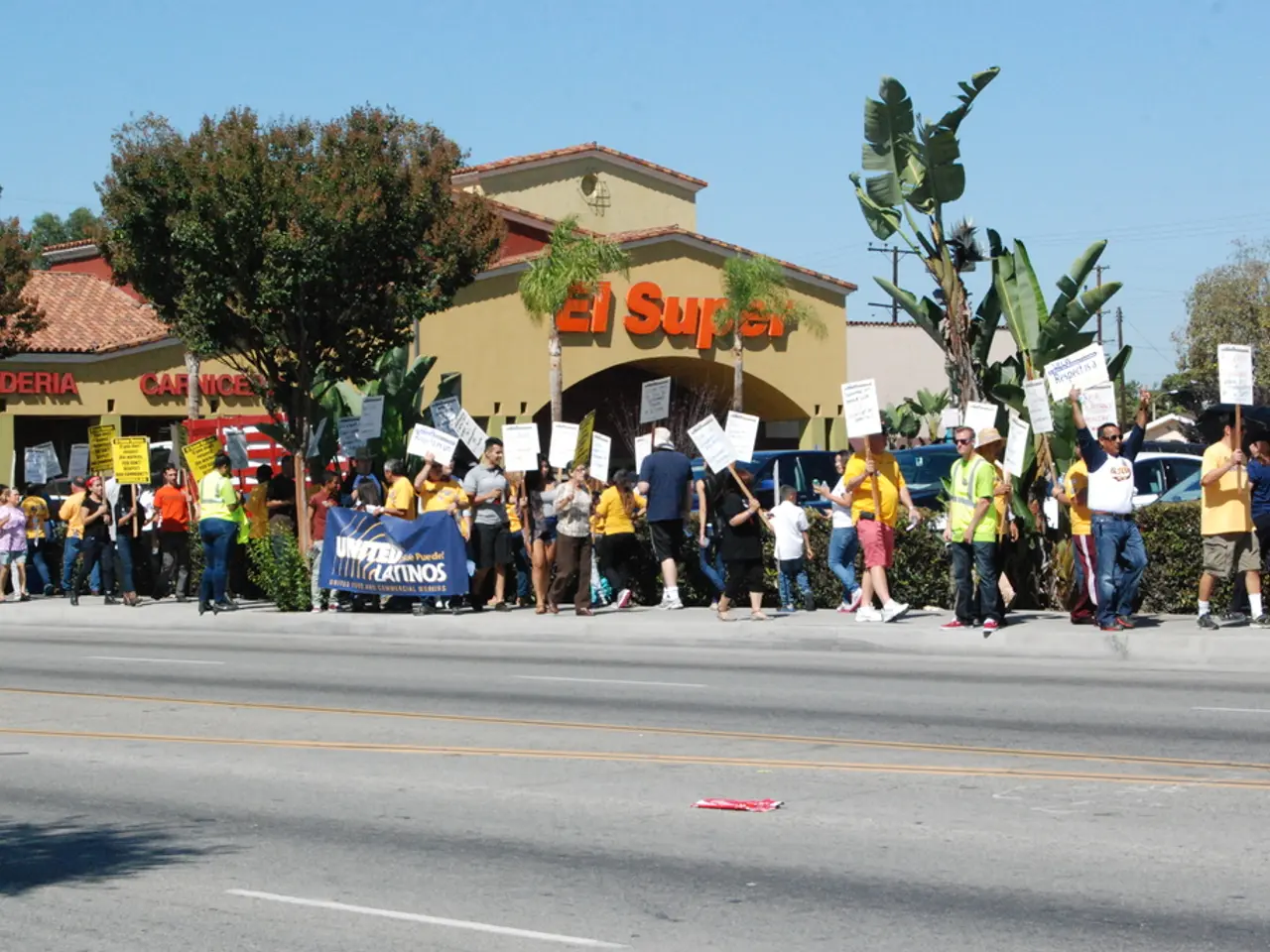Differences Surface Between Environmentalists and Productivity-focused Sectors Regarding Environmental Permitting
In the political landscape of Brazil, a contentious bill has sparked debate and raised concerns among environmentalists, Indigenous communities, and government officials. The Environmental Licensing General Framework Bill, recently approved by the Chamber of Deputies, is set to potentially alter the country's environmental regulations significantly.
## Controversy and Impacts
### **Environmental Organizations and Communities**
Environmental organizations and Indigenous communities have voiced strong opposition to the bill, expressing concerns that it could bypass rigorous environmental assessments for many projects. This could lead to increased deforestation and pollution, particularly in protected areas[1][3]. The bill has also been criticized for limiting the input of Indigenous and quilombola communities to officially recognized territories, potentially marginalizing many communities and their rights[1].
### **Productive Sector**
The bill is backed by the productive sector, particularly agribusiness, as it aims to streamline environmental licensing processes. This could reduce bureaucratic hurdles and costs for companies involved in agriculture and mining, potentially leading to increased productivity and economic growth[3]. However, critics argue that this ease of permitting comes at the cost of environmental protection, as it allows companies to operate with less scrutiny, potentially leading to environmental degradation[1][3].
### **Government and Policy**
The government's support for the bill reflects a shift toward more business-friendly policies. This approach aims to stimulate economic growth but is seen by environmentalists as a setback for Brazil's climate commitments and environmental protection efforts[3][5]. The bill's approval could affect Brazil's international reputation, particularly in the context of climate change forums like COP30, where Brazil is expected to demonstrate leadership in environmental protection[5].
The Environmental Licensing General Framework Bill, initially discussed in Congress for 21 years, is now waiting for President Luiz Inácio Lula da Silva's sanction. The bill aims to unify various environmental laws and adjust current rules, but critics warn of potential conflicts and legal insecurity for entrepreneurs and investors[6]. The bill's passage is supported by President Lula and Petrobras President Magda Chambriard, but opposed by the Environment Minister[2].
The mining sector has stated that the inclusion of mining in the bill has caused a wave of misinformation, and the bill will not concern the safety of mineral waste dams[4]. The Brazilian Mining Institute (Ibram) has emphasized that the National Policy on Dam Safety, established by Law 14,066/2020, and Resolution 95/2022 of the National Mining Agency (ANM) regulate dams, not the bill[7].
In a bid to address concerns, the parliamentarian Zé Vitor has established the validity period of the Environmental License by Adhesion and Commitment (LAC) to be 5 to 10 years[8]. The bill also provides more agility to the licensing processes, but Ibram insists this will not mean less rigor in authorizing mineral ventures[9]. The Climate Observatory, however, warns that the bill could result in legal insecurity for entrepreneurs and investors[6].
As the bill awaits President Lula's decision, the controversy surrounding its potential impacts continues to divide opinions in Brazil.
- Amidst the controversy, the Environmental Licensing General Framework Bill has generated debates in the realm of environmental-science, with concerns about potential bypassing of rigorous environmental assessments for various projects related to climate-change.
- As the bill moves towards President Luiz Inácio Lula da Silva's sanction, it has become a point of discussion in the realm of policy-and-legislation and politics, with supporters like President Lula and opponents from the Environment Minister airing their views and arguments.
- The fallout from the bill's passage could impact Brazil's international standing in environmental forums like COP30, and shape the country's reputation in the general-news area, raising questions about its commitment to climate-change mitigation and environmental protection.
